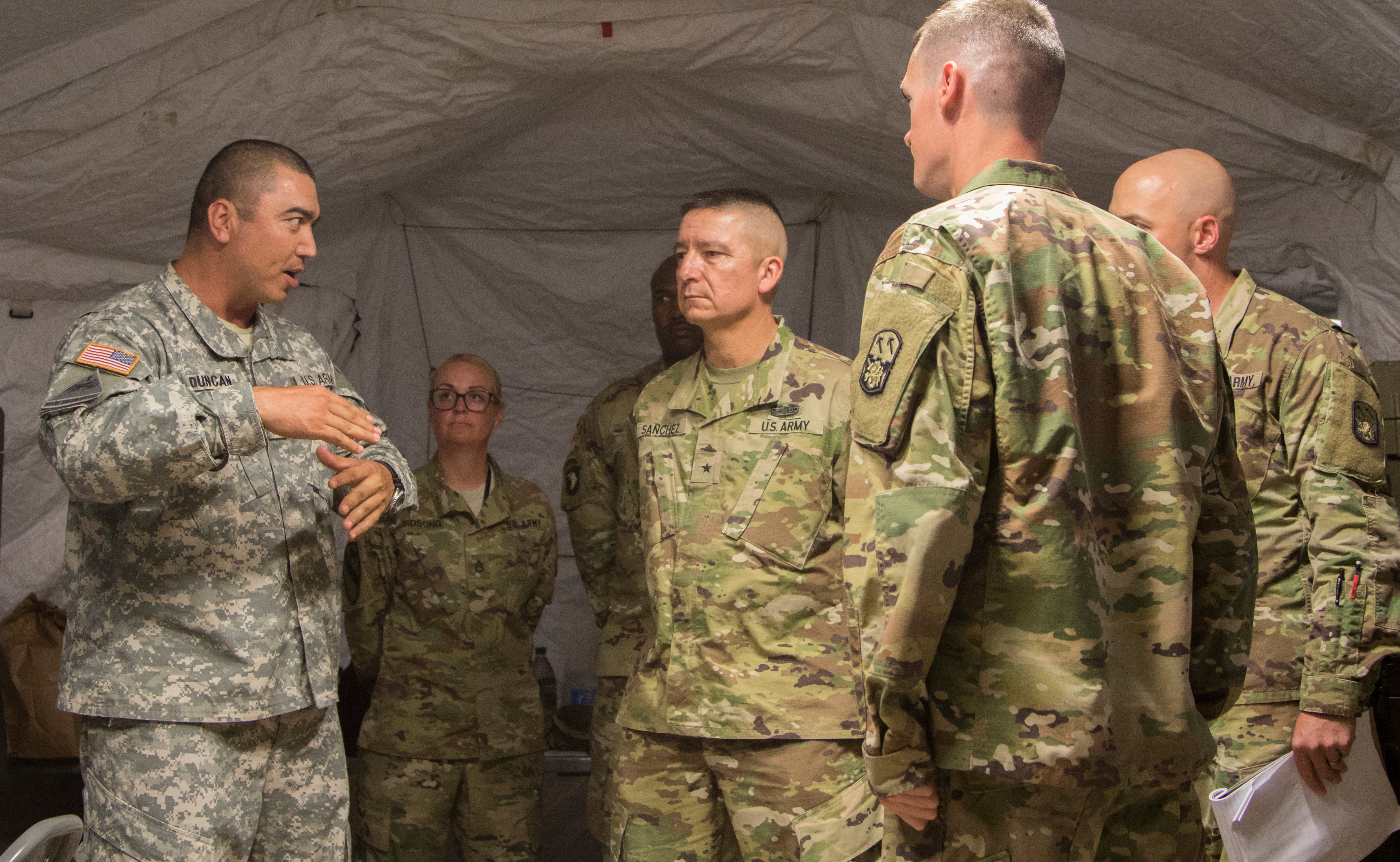When it comes to providing capabilities to the field rapidly, user feedback is proving to be mutually beneficial to the developers and end users.
As the Army Rapid Capabilities Office works to deliver first-look solutions to operational units based on critically stated needs, hearing from the users of these systems has helped to craft overall better systems.
“The [electronic warfare officers] within the 2nd Cavalry Regiment have been participating with us from the beginning, have been very vocal on the things they like and don’t like,” Doug Wiltsie, director of the RCO, said during an Oct. 9 presentation at the annual Association of the United States Army conference.
“We’ve worked with them to figure out what are the corrective actions that need to be taken, what’s the effect on force structure, how do we do training, how do we do sustainment.”
Wiltsie elaborated that the solutions they deliver to the field won’t be the institutional capabilities the Army is working on — programs of record such as Multi-Function Electronic Warfare, for example. But the measure for RCO has been the ability to provide a capability forces can fight with that allows the Army to get something out there rapidly, provide deterrence and provide capabilities to soldiers.
“Having Col. Ellis’s team telling us in no uncertain terms that is a piece of junk … then we can have the conversation about why, what is it about it, can we fix it or do we throw it away,” Wiltsie said, referring to Col. Patrick Ellis, commander of the 2nd Cavalry Regiment.
“We were also very willing to test, evaluate and then provide feedback early on in the process knowing that we weren’t always going to get the perfect solution,” Ellis said during the same presentation.
Ellis noted that the first draft of an off-the-shelf counter-UAS capability that fuses several different systems was not perfect, but getting it in the hands of users allowed them to provide feedback to get the software rewritten to do what it needed to do.
Position, navigation and timing
Wiltsie also explained that the RCO is working on an effort called “Titan” for the 2nd Cavalry Division, which is dealing with a GPS-denied environment.
This effort seeks to provide platform PNT assurance with point protection, or access and integrity to PNT data at a platform level, as well as electronic support sensor capability to enhance the Army Europe commander when maneuvering in a GPS-challenged environment, PM PNT told C4ISRNET in August.
[Army still working long-term acquisition strategy for PNT]
It’s under contract starting with Stryker and will be put in the ground combat vehicle, Wiltsie said.
Mark Pomerleau is a reporter for C4ISRNET, covering information warfare and cyberspace.








